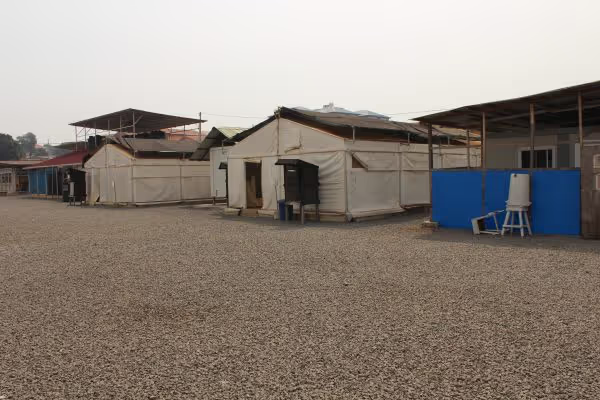Research Snapshot: We do what we can: Palliative care in two refugee camps in Rwanda

This document provides a two-page summary of the research undertaken as part of the R2HC-funded study Ethics &; palliative care during international humanitarian action.
Humanitarian teams often operate in high mortality settings, raising crucial questions about care for the incurable and the dying, their families, and their communities. The Humanitarian Heath Ethics (hhe) research group conducted a study aiming to better understand ethical and practical experiences, challenges, and possibilities of integrating palliative care into humanitarian crisis response.
This research snapshot reflects the results of a case study on the provision of palliative care in two protracted conflict-induced refugee camps in Rwanda. The qualitative study identified ethically and contextually relevant interventions including public education, caregiver training, integration of services, and small things (e.g., infrastructure modifications) that are low cost but of high impact.
This Snapshot summarises:
- Background to the research and how the research was conducted,
- Key findings,
- Implications for humanitarian practitioners and policymakers,
- Recommendations,
- Further reading.